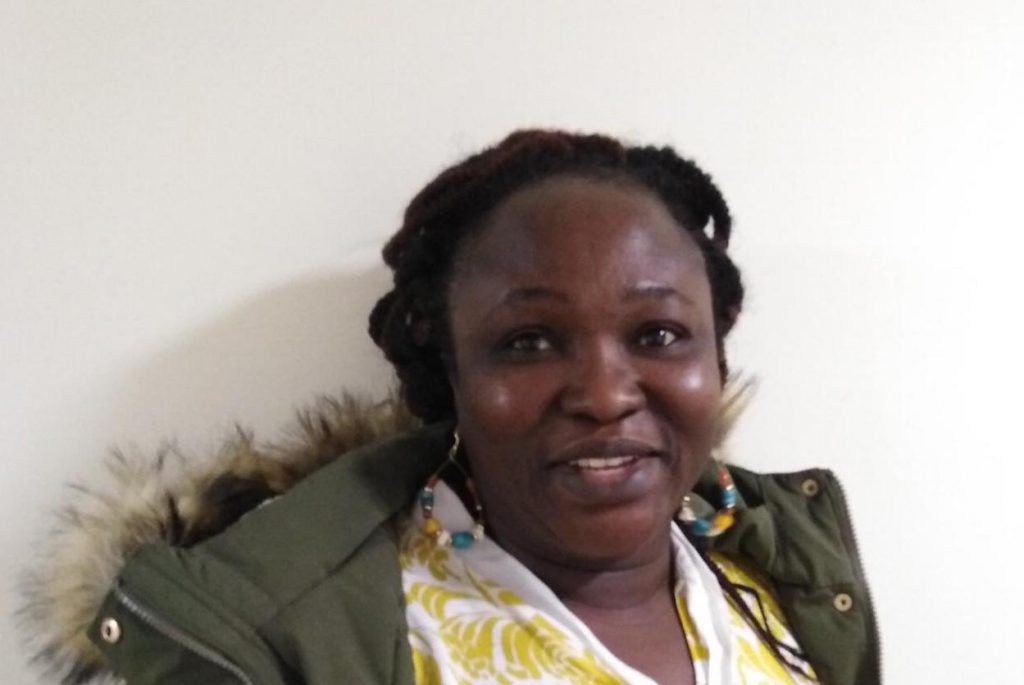
Project Title: Tin mining degradation: Autobiographical investigations of home, loss and identity
Supervisors: Dr Judy Kendall and Dr Ursula Hurley
Abstract
I have always been fascinated with going to the ponds around me as a little girl. However, the history of how the ponds got there and the danger that such ponds represent was something I never imagined. Tin Mining on the Jos Plateau was the primary reason for such ponds. The excavation for tin left the Plateau landscape environmentally depleted, with over forty-six per cent of its land filled with gullies and ponds due to tin mining. However, the discourse on environmental degradation in Nigeria is often associated with oil exploration in the Delta region, with little mention of the Jos Plateau. The lack of emphasis is because there is very little literature about the negative impacts of tin mining degradation on the Jos Plateau.
To counter the rarity of material on the negative effect of tin mining, I use the tool of memory recollection to draw and reflect on my own earliest memories of the tin ponds around where I lived as a young girl. I grew up on the Jos plateau surrounded by ponds. I was warned not to go near the ponds as spirits, and mammy water who pulled unsuspecting inhabitants, primarily children, into their grips inhabited these ponds. (The mammy water is a mermaid half human and half fish, believed to inhabit a body of water). While the ponds were considered unsafe, they served as a place of escape for me. Although my parents warned me to stay off such dangerous ponds, I always found myself drawn to them. The ponds became my escape from home and trouble, a place to connect with the grieving spirits and perhaps, see mammy water.
As a result of dredging machines used to plough the ground for tin, such areas were left open without fencing, becoming death traps. In addition to the physical danger that the ponds represent, I explore how tin mining activities have resulted in the loss of lives, farmlands, homes, and sources of livelihood.
The collection of stories and poems allows me to draw on my personal experience to tell my story of living alongside tin mining and degradation. Since there is very little material available to discuss the stories of people who contributed to the tin mines, especially women, these stories and poems will function as resource material for students on the Jos plateau to understand the story behind the ponds and the black sand in their environment.